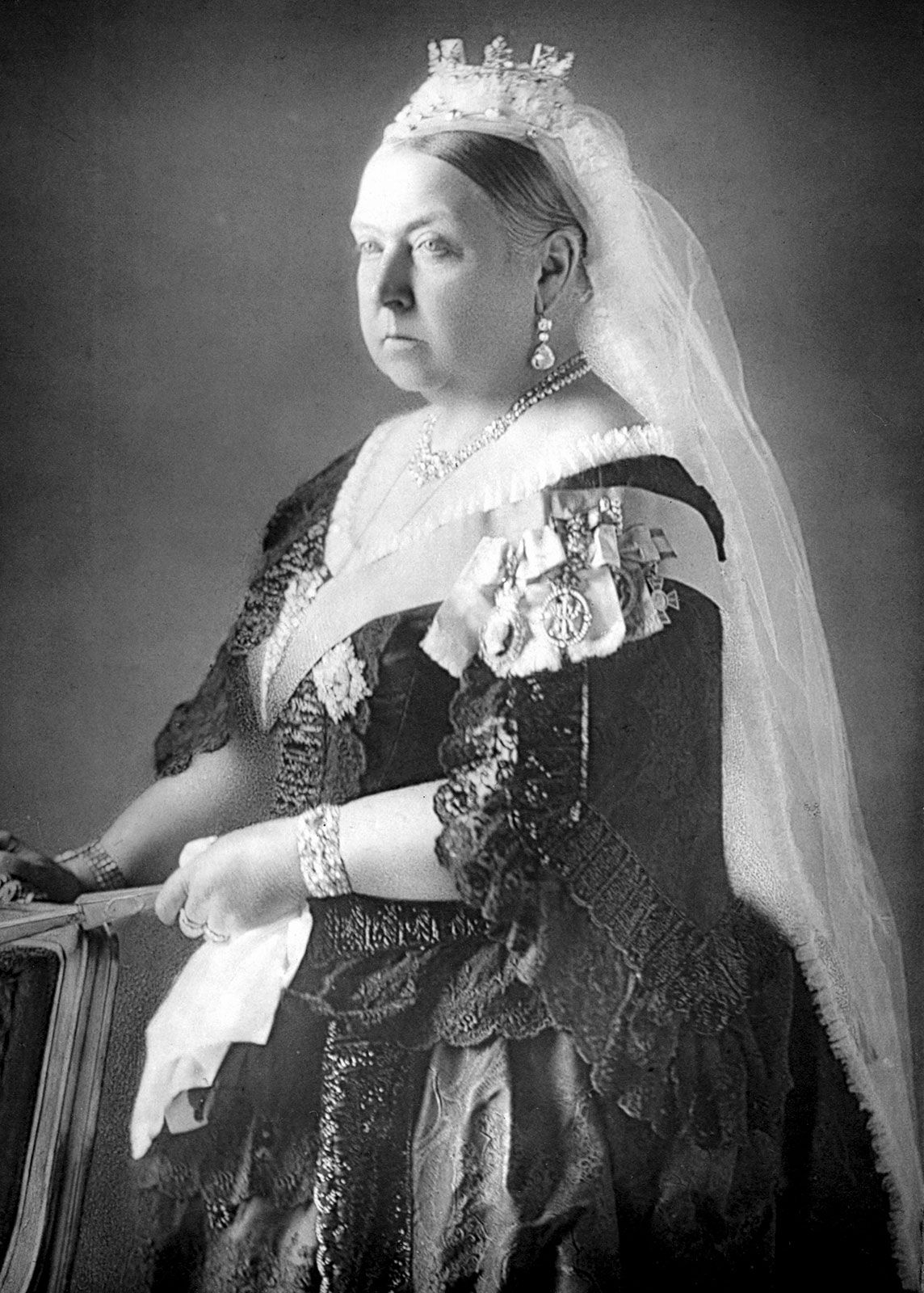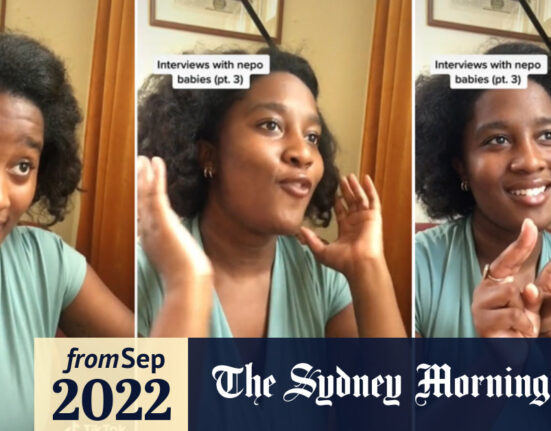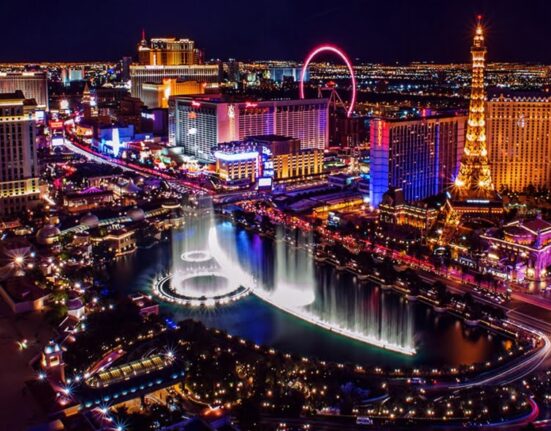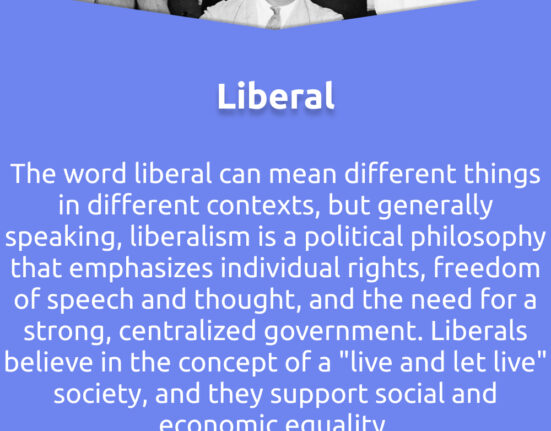Victoria, known for its vibrant culture and bustling cities, is now making headlines for a different reason – the introduction of new anti-protest laws that have stirred up controversy and raised concerns about their impact on free speech and safety. The recent announcement by Victorian Premier Jacinta Allan to implement stringent measures in response to an attack on the East Melbourne Hebrew Congregation has sent shockwaves through the community.
The decision to enhance police powers and curb protests has sparked a heated debate about the balance between maintaining public order and preserving fundamental democratic rights. Critics argue that these draconian measures will have a chilling effect on free speech, stifling dissenting voices and limiting the ability of citizens to peacefully voice their concerns.
“Far-reaching anti-protest measures and giving police more repressive powers only serve to increase the risk of escalating violence,”
remarked one legal expert when asked about the potential consequences of such legislation. The concern is that instead of fostering a safe environment for all residents, these laws could inadvertently sow seeds of discord and further alienate marginalized communities.
The use of acts of racism or violence as a justification for imposing restrictions on civil liberties is not unique to Victoria but reflects a broader trend across various state governments in Australia. This pattern raises questions about the underlying motivations behind such policy decisions and whether they are truly aimed at safeguarding public welfare or curtailing legitimate forms of expression.
At the heart of this debate lies the role of peaceful protest as a cornerstone of democratic societies. It serves as a vital avenue for individuals to collectively voice their opinions, hold authorities accountable, and advocate for social change. By restricting this fundamental right, there is a genuine fear that dissenting voices will be silenced, leaving citizens feeling disenfranchised and powerless in shaping their own destinies.
“Taking to the streets in peaceful protest is one of the main ways for people to come together and express our political views when our representatives aren’t listening to us,”
emphasized a community organizer who has been actively involved in advocacy efforts. The sentiment echoes widespread concerns that without avenues for peaceful dissent, frustration may simmer beneath the surface or manifest in more disruptive forms.
As discussions around Victoria’s anti-protest laws continue to unfold, it becomes crucial to consider not just immediate security concerns but also long-term implications for civic engagement and democratic values. Finding a delicate balance between ensuring public safety and upholding constitutional rights remains paramount in navigating these complex issues without eroding the very fabric of democracy itself.
In conclusion, Victoria’s latest legislative maneuvers have reignited debates surrounding freedom of expression, public assembly, and governmental overreach. While safety concerns cannot be understated, it is equally essential to safeguard civil liberties that form the bedrock of any functioning democracy. As stakeholders grapple with these competing interests, finding common ground that respects both security imperatives and individual rights remains an ongoing challenge facing policymakers nationwide.









Leave feedback about this